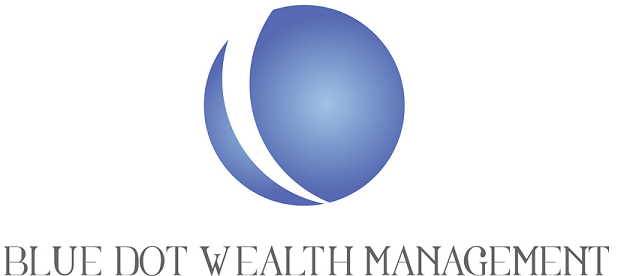The past month has been a roller coaster for sure! Any time we see large headline numbers, especially ones that are negative, it is bound to spark questions and concerns. Most recently, you may have heard the term “Inverted Yield Curve.” Very simply it means that short term interest rates are higher than long term interest rates. While the 3 month Treasury and the 10 year Treasury have been inverted for months, August 14th marks the first time the 2 Year and 10 Year Treasuries have inverted since 2007. Over roughly the last 50 years, every time (with one exception) the 2 and 10 year Treasury yield curve has inverted a recession has followed – which sounds scary, right? The inversion of the yield curve is, however, is a leading indicator. Think of it as a flashing yellow light. The average start of a recession is roughly 12 to 18 months after the yield curve inverts and, more often than not, the market moves higher during that period.
Many people still have a good deal of anxiety over the 2008-2009 recession, and there are many that remember the collapse of the Tech Bubble and the ensuing recession from 2000 to early 2003. In conversations with clients, these feelings are a resounding theme and for good reason. The last recession was a historically bad one. Not all recessions are the same and not all of them are as deep as the two in recent memory. Moreover, like any storm, a little preparation goes a long way.
The next year or so is going to be interesting so here are three really simple tips on how to “survive” them.
- Be patient. Often times when things start to look bad, people’s emotions are heightened. It’s not your fault and really not anyone’s fault. Biologically, we are designed this way. We are a short term focused species and our naturally near sighted world view has been accelerated by technology. When dial up modems were how we all connected to the internet, you could literally start to log on, put some laundry in the washing machine and make a sandwich before you had internet access. I don’t need to remind you how upset we all get if we have a hard time getting a wi-fi signal today. We want everything now – and not just Millennials! Baby Boomers are just as bad, if not worse (you know who you are!). Our expectations about time have been reset and that has led to an unrealistic standard. Recessions feel like they are going to drag on. There are pundits in every media outlet telling the public that “this time it’s different.” Remember, like all recessions, this too will pass even if it doesn’t seem like it today. Patience is indeed a virtue.
- Have a substantive conversation with your advisor (or me) about “Risk.” Risk means different things to different people and its meaning shifts as you enter a new phases of your life. Whether it is your first recession or your eighth, your attitudes toward market gyrations may have changed. Often times, when “Markets Go Wild,” I spend time listening to my clients and it goes a long way. We use those conversations to re-evaluate their priorities to make sure we stay prepared for today while not sacrificing tomorrow.
- Turn off the TV and maybe unsubscribe from all of the news sources you have on your mobile devices. I’m not advocating that you be uninformed but let’s face it, most of the information thrown at you is designed to do two things – elicit an emotional (fear) response and to get you to buy something. Crisis sells products. We are all better off when we put on some music, call up some friends, open up a bottle or two of wine, and talk about real life. Planning a vacation may seem counter intuitive but travel deals become more plentiful when there is a high degree of uncertainty. More than anything, spend time with your family and doing things that bring you a high level of fulfillment.
So there they are, three tips for surviving the next recession, whenever it gets here. If you have questions specifically about your financial picture, I am always available for a conversation.
